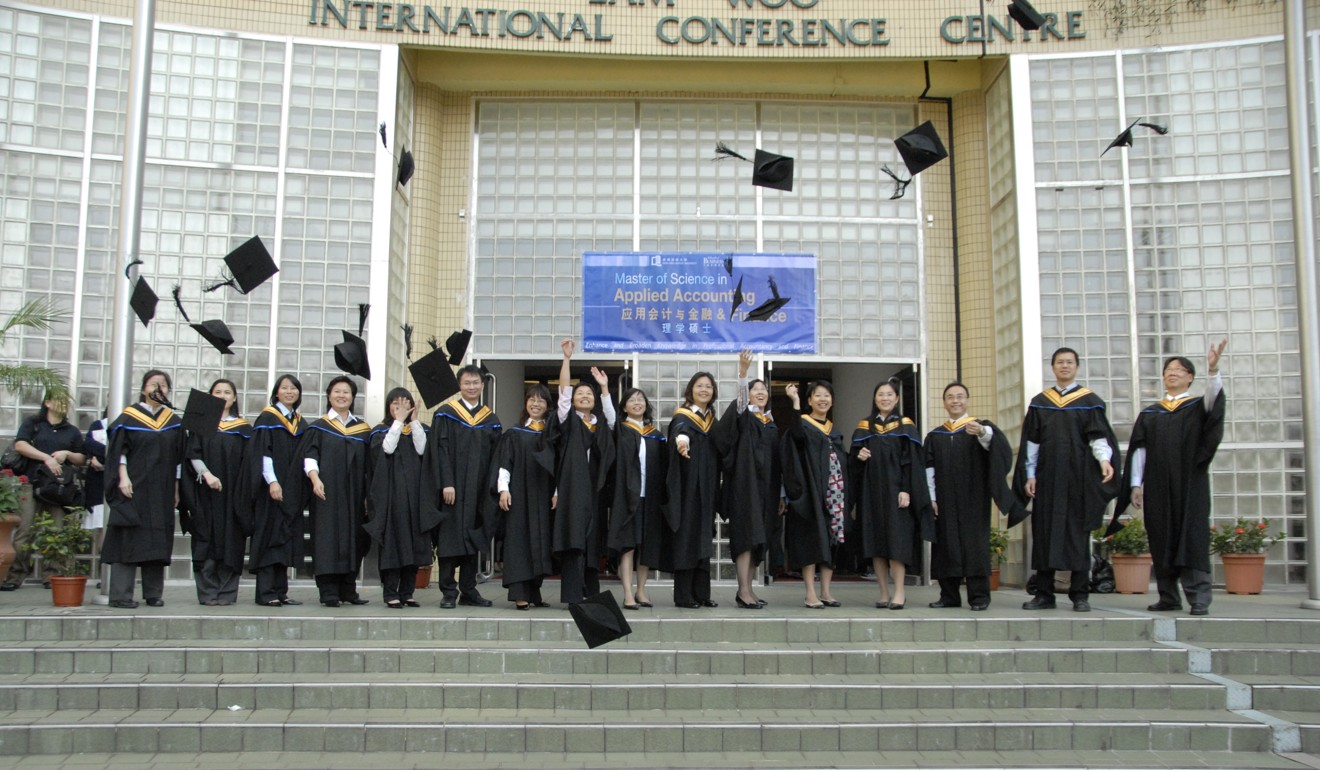
University launches overseas promotional drive to lure non-mainland foreign students to Hong Kong
An audit report published last year called out the city’s eight public universities for their lack of international students not from the mainland
A Hong Kong university is launching an overseas promotional drive in an effort to more than double the number of non-mainland foreign student admissions within the next five years.
Hong Kong Baptist University (HKBU) vice president in teaching and learning, Dr Albert Chau Wai-lap, unveiled the institution’s five-year plan to boost international enrolments and prepare all students for an increasingly globalised world.
To do so, he said the university hoped consulates would help link it up with overseas secondary schools and community colleges, so it could give talks and promote its courses.
“Whether it is climate change or epidemics, people will have to learn to work together with others from around the world,” he said.
“We want to prepare our students for that.”
Foreign students, other than those from the mainland, accounted for just 3.9 per cent of total student enrolments across Hong Kong’s public universities in the 2015/16 academic year, according to the audit commission.

The two institutions with the lowest proportion of non-mainland foreign students were HKBU, with 0.7 per cent of total student enrolments, and Education University, with 0.3 per cent.
The commission urged the University Grants Committee – the funding body for the higher education sector – to encourage institutions to attract more non-mainland foreign students in order to “promote diversity”.
There are just 11 first-year non-mainland international students enrolled at HKBU in the current 2016/17 academic year. Chau said, however, 40 such foreign students – or 4 per cent of the first-year intake – are set to start in the next academic year, beginning in September.
The school hopes to double that figure over the next five years to 10 per cent.
Non-mainland foreign students have been from Taiwan, Malaysia or Kazakhstan, with some also from Russia, Nepal or Thailand. Most are enrolled in communications, business and science courses.
Over the next five years, Chau said the university simultaneously hopes to give all students the opportunity of studying abroad at least once during their studies, either on exchange or in an internship placement.
He noted that currently, a third of HKBU students had gone overseas for exchange programmes.


